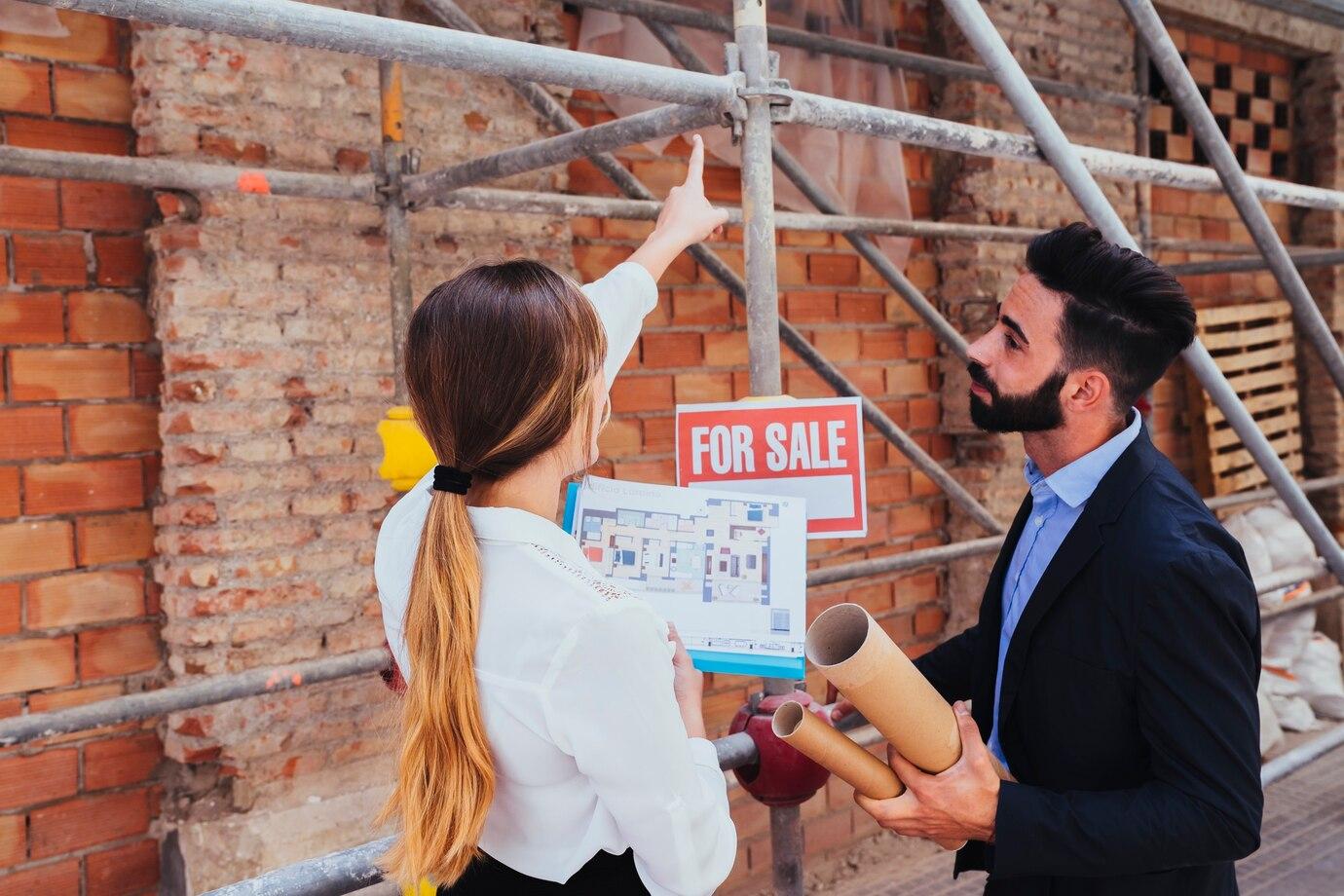Investing in real estate abroad attracts many people who wish to increase their assets, receive stable income, or improve their quality of life. However, with the growing interest in foreign real estate, the number of fraudulent schemes targeting gullible buyers is also increasing.
Real Estate Fraud: How Does It Work?
Real estate fraud involves cunning schemes aimed at deceiving people to obtain their money. Scammers use various methods to create an appearance of legitimacy and reliability in their offers. They often pose as fake realtors or real estate agencies that offer attractive conditions for buyers.
Investment Fraud: What Do Offers Look Like?
One common type of fraud is creating fake offers for property sales. Such offers often contain prices that are too low to attract the attention of potential investors. Scammers may post ads with photos of real properties, but in fact, they are never for sale. Investing in such properties poses a real risk of losing money.

Examples of such fraud include:
- Nonexistent property: Real estate properties may be presented as legitimate but in reality, they were never on the market.
- Unjustified discounts: Offers to sell property below market price often raise suspicions, but gullible buyers may not notice the trick.
- Attracting investments in nonexistent projects: Scammers may offer investments in construction or renovation of projects that never existed.
Pseudo-Realtors and Fake Agencies
The process of buying real estate can be complex and requires a careful approach. Scammers often create fake real estate agencies that look quite legitimate. They may use false licenses, fake reviews, and even set up websites with professional designs.
Fake realtors can be very convincing. They provide consultations and emphasize their experience working with investors. However, their main goal is to obtain money from gullible buyers as a down payment or commission. In most cases, such agents disappear after receiving the money, leaving clients without explanations.

How to Recognize Fraud?
Recognizing fraud at an early stage can save time and money. Here are some signs to watch out for when dealing with potential sellers or realtors.
Unexplained Low Prices
If the price of a property seems too low compared to similar offers on the market, this could be the first warning sign. Please conduct research and compare prices with other similar properties before making a purchase decision.
Lack of Transparency
Reliable realtors provide all necessary information about the transaction process, documentation, and purchasing terms. If you are denied or kept in the dark about important details, this may be a sign of fraud.
Complex Terms
Scammers may offer overly complex deal terms. Simple and clear terms are a sign of reliability. If you are offered complex schemes with numerous stages, it should raise suspicion.
Pressure and Rush
Scammers often use pressure tactics to force you to make a quick decision. They may say that the offer is only valid for a short time or threaten that another buyer is already interested in the property.
Lack of Online Reputation
Check the history of your potential realtor. Determine if they have positive reviews and a reputation among clients. If the real estate agency doesn't have a website or its reviews are exclusively negative, avoid such companies.

Real Estate Investment Pyramids
In recent years, schemes resembling investment pyramids have become popular, where scammers convince people to invest money in opaque projects. These schemes can vary, but the essence is always the same: funds from new investors are used to pay returns to previous participants.
Scammers attract investors by promising guaranteed high income from renting or successfully reselling properties. Common schemes include:
- Properties "at the start". Attracting money under the pretext of building new properties that don't actually exist.
- Promise of constant income. Usually, scammers promise high income from rent or resale, but in reality, they use the money of new participants to pay the old ones.
- Lack of transparency. Investors do not receive reports on the financial status of projects, and their money disappears without a trace.
How to Protect Yourself?
To avoid losses when investing, you should take a few simple precautionary measures:
- Research reputation. Check information about any company you plan to work with. Reviews, reputation, and work history are important factors.
- Document verification. Do not hesitate to request licenses, property documents, and other important information before making a decision.
- Consulting with a lawyer. Before investing, consult a lawyer specializing in international real estate. They can check documents and identify potential risks.

Fraud with Foreign Real Estate: How to Avoid Scams
Scams involving buying property abroad are another common fraud scheme. Scammers may use all sorts of tricks to deceive gullible buyers.
Fake Offers
One of the most common ways is creating fake offers on websites that resemble legitimate real estate courses. Such offers are easiest to recognize by their unusual and often too attractive terms. Check if the mentioned properties actually exist.
False Owners
Some scammers may pose as property owners they do not actually own. They may use fake documents and provide fake contracts. Always verify ownership rights and ensure the legitimacy of the seller.
Ordered Control
Scammers may request prepayments or commissions for services that are not provided or unnecessary. Avoid fees that are not explained and justified.
Fraud with foreign real estate investments is a serious problem faced by many people. Scammers use various schemes and traps to deceive gullible buyers. To protect yourself from fraud, it is important to remain vigilant and critically evaluate any offers.
